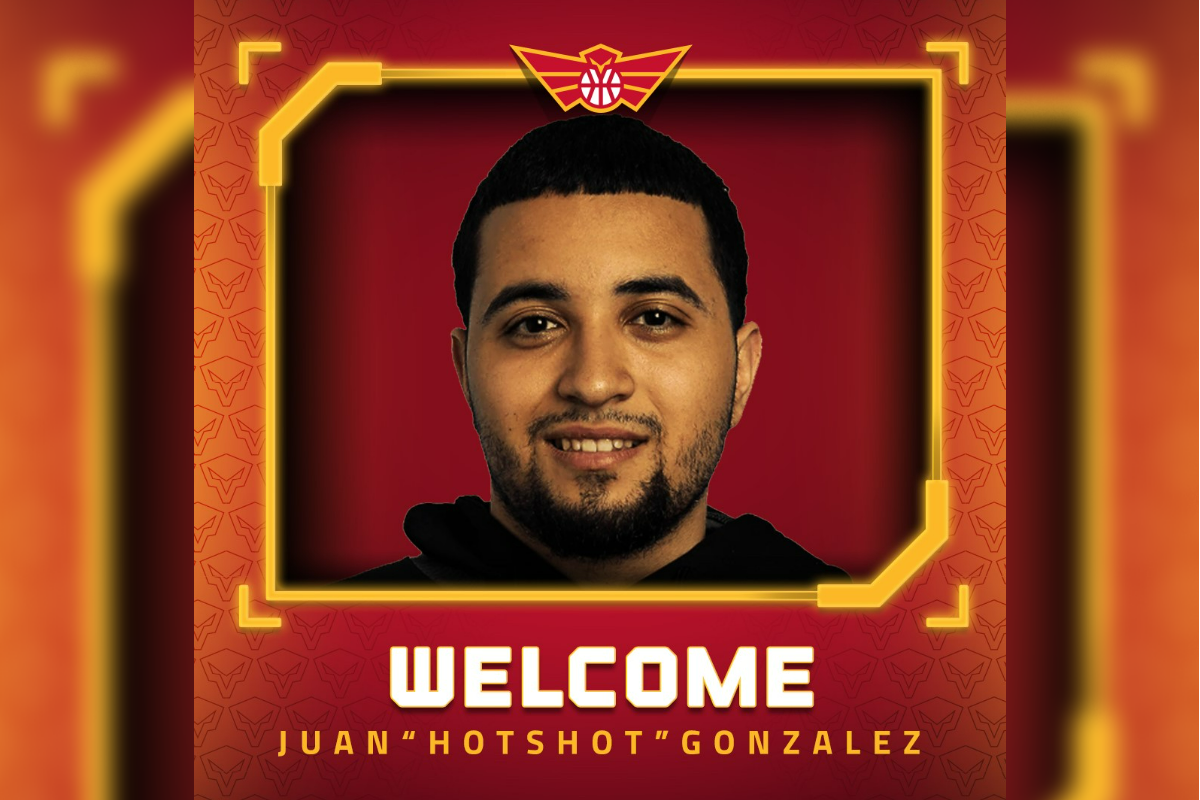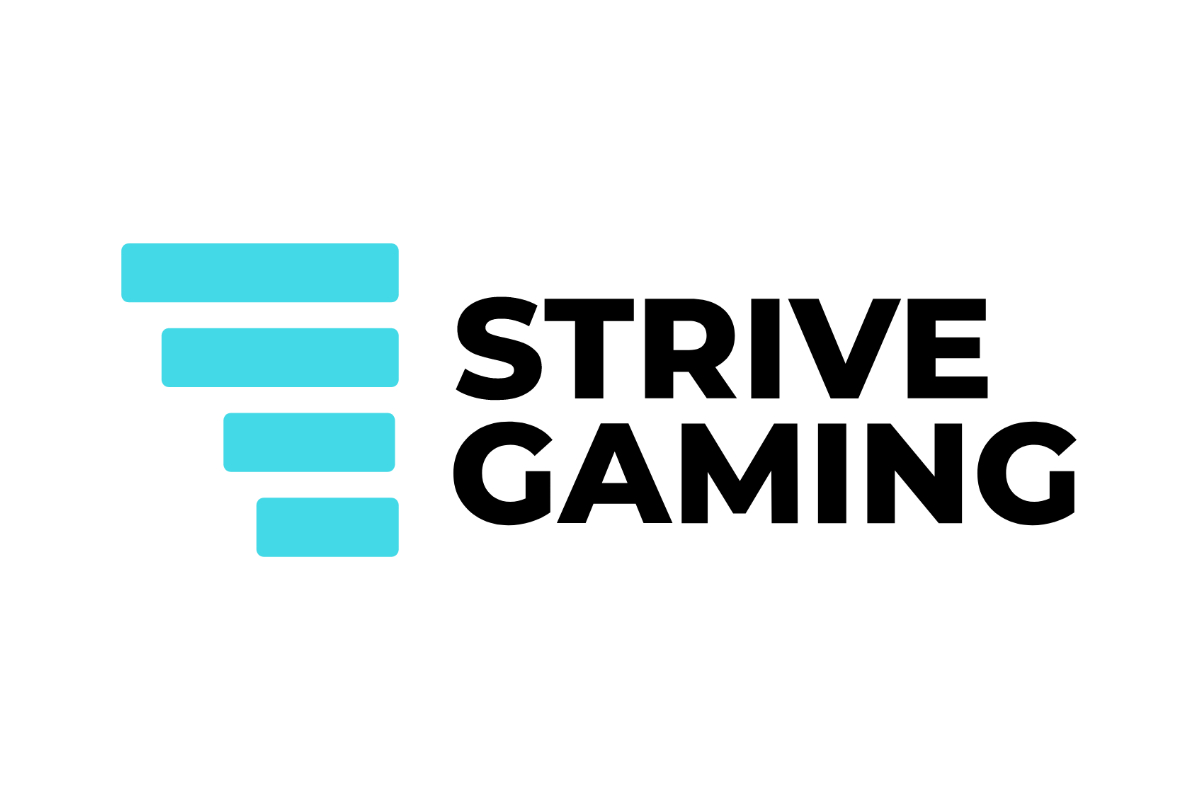
New Approaches to Mitigating High-Risk Play: Responsible Marketing
Guardrails are often put in place to keep people within safe boundaries and to prevent harm. Can the notion of player-health ‘guardrails’ help evolve how gambling products are marketed to mitigate high-risk play and improve player-health outcomes?
Three panellists recently joined Dr. Jamie Wiebe, BCLC’s Director of Player Health, to examine this question during BCLC’s New Horizons in Responsible Gambling pre-conference session, Responsible Marketing: Establishing “Guardrails” for Safer Play.
Panellist Floris van Driel, Nederlandse Loterij Responsible Gaming Specialist for Sports Betting and Casino, shared Nederlandse Loterij’s approach to integrating responsible marketing into online gambling, which became legal in the Netherlands on October 1, 2021.
The Nederlandse Loterij team scores and advertises each game by risk level. Games rated with a very high-risk score are not promoted at all in television or social media advertising and similarly, high-risk players are excluded from receiving any marketing materials. Additionally, van Driel’s team looks at player behaviour and classifies players into different risk categories to better understand how to market games to each segmented group.
“We are looking at high-risk players, and the types of games they prefer, to understand if we should be more restrained when promoting these types of games,” van Driel explained during the New Horizons session. “It’s really about using specific customer data to customize the campaigns to mitigate risk along with utilizing marketing tools to stimulate people to moderate their gameplay.”
Part of Nederlandse Loterij’s new marketing strategy entails reframing the tone of their player health advertising, reflecting a more fun, light-hearted approach. Its recent TOTO campaign promoting responsible participation in online sports betting was recognized as the Safer Gambling Campaign of the Year at the 2021 Global Regulatory Awards.
“We are finding that keeping it lighter and more fun ties in better with the tone of the other communication that we give to the player. The intention is to make it easier for players to accept the message and to get player health behaviour normalized.” The campaign resulted in a very positive behavioural change: 82 per cent of players thought that the tips were very useful, and 44 per cent considered changing their behaviour.
Ryan Persaud, Director of Insights and Player Experience at BCLC outlined the organization’s integration of marketing guardrails operationally. In 2021, BCLC completed a study whereby it included Problem Gambling Severity Index (PGSI) scores with online customers, connecting survey results with actual behaviour.
“It allowed us to understand: How do [players’] personal stated risks relate to their behaviour? We used that information to help us craft what we are calling…high-risk indicators,” said Persaud.
BCLC is building on these findings to develop high-risk indicators centred around variables such as deviation, deposits, wagering, time and player-health risk alerts.
“At BCLC we are focusing on the player side of assessing risk and using high-risk indicators to dig into the behavioural components as opposed to just the product risks,” Persaud explained. “This player-health data is being used to better inform the conversations we’re having around marketing.”
Finally, Richard Wood, President, GamRes Limited, outlined during the discussion that in order to responsibly market a product, it’s important to identify and understand the impacts and unintended potential risks for each player. Wood and the GamRes team created Gamgard, a game risk-assessment product used to help prevent high-risk play, while also supporting operators in their end game: to deliver a fun, interesting product.
“With Gamgard, jurisdictions are able to identify high-risk elements and then choose to either not advertise the game at all to high-risk players or to use the data to integrate player health guardrails into their marketing approaches,” Wood explained.
Wiebe concluded the session by asking each panellist to look forward 10 years and share their perspective on gambling marketing:
“Focusing on integrating more fun and entertaining player-health messaging into the marketing experience will help to mitigate risk,” Wood said. “We’ve found that the most responsible players are the most satisfied players… so player health and marketing aren’t polar opposites; at the end of the day, they have a similar goal of ensuring that players have a good healthy experience.”
Hosted by BCLC, the full New Horizons in Responsible Gambling Conference is celebrating 10 years of industry leadership and bringing together hundreds of industry-leading researchers, policymakers and representatives from around the world to tackle some of the most challenging topics related to gambling and player health. The conference will occur virtually in early March 2022.










